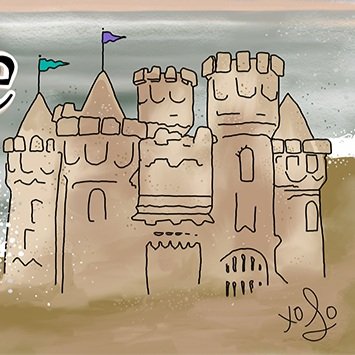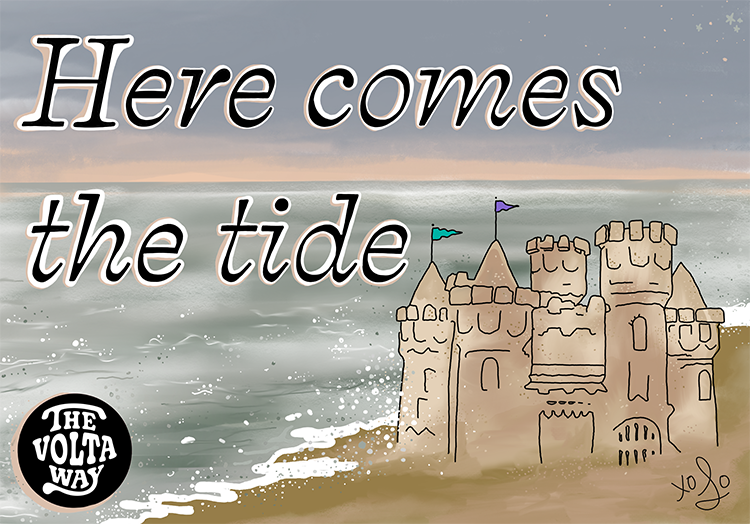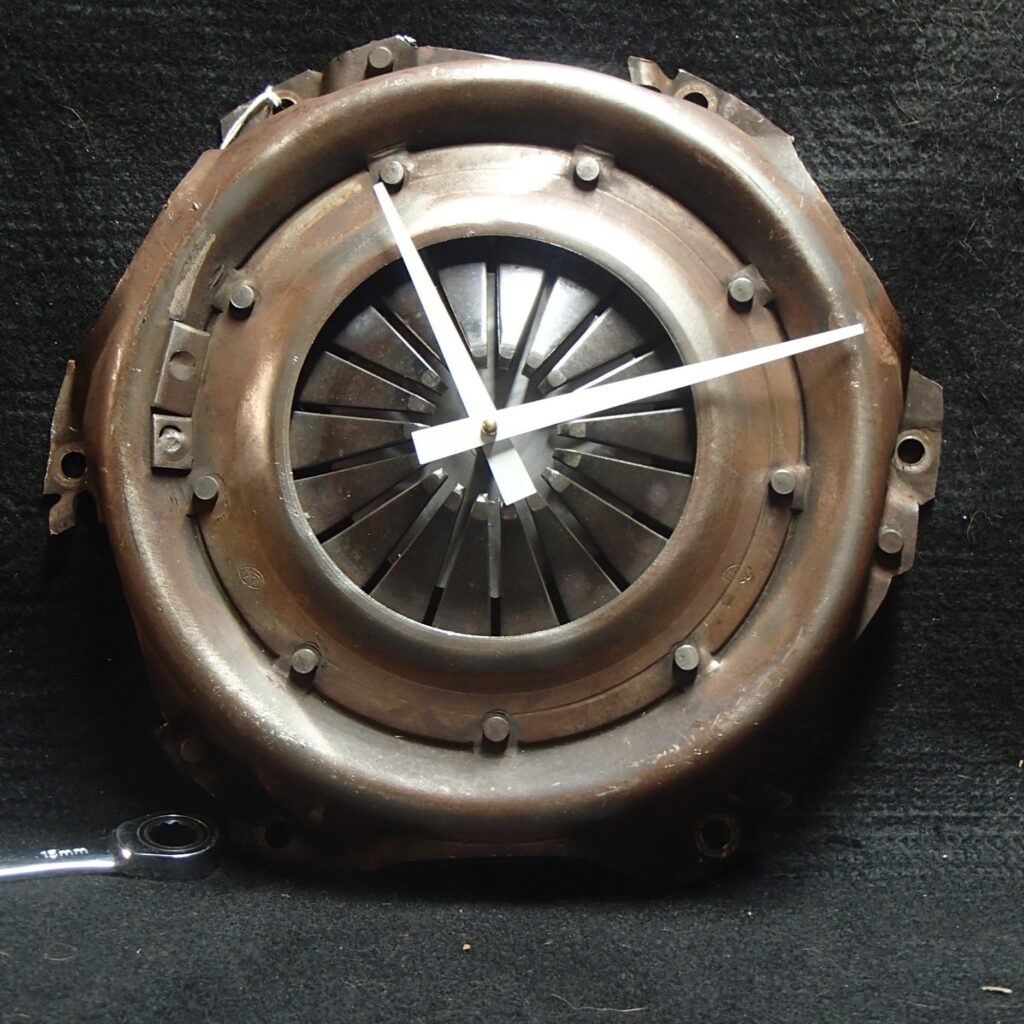When I was young, I used to love to move my bedroom furniture around. It seemed like I was scooting my dresser and bed across the room twice a year—sometimes even switching bedrooms with my sister. I loved the change that rearranging brought and the newness within the familiar.
During one of these furniture moving sessions, I tipped over the shelves that sat atop my dresser. Done properly, I would have taken everything down from the shelves and removed the top shelf before scooting it across the room, but I was 14 years old, ambitious and had to learn the hard way. In a moment of horror, I watched as my childhood collection of sandcastle figurines came crashing to the floor. I cried, fixed the shelf and carried on.
Every kid processes things differently, but I remember that being the first time I felt loss when it came to my belongings. My precious collection had been destroyed.
“Many of us dread doing domestic work because the house will get dirty again.”
I think about this story when I notice that I’m being careless. Nine out of 10 times I might not do any damage, but there is always that one time. When I start counting up the thousands of times I have been careless, I can see a trail of loss and pain behind me. It’s easy to be careless, even with good intentions.
I don’t define the pain and loss as good or bad or even hold these times with regret. Things break, loss happens, life goes on with a lesson learned. And if I’m honest with myself, I’d rather be able to reflect on the loss of my sandcastle collection than have them bubble wrapped in a box in my basement.
If I knew that I wanted to move my furniture across the room and I understood there was a possibility that I could break something, would I still move the furniture? Yes, I would just be more mindful about how I approached what I was doing.
There are a few sayings that now float around my mind when I am tempted to cut corners:
-
Work smarter, not harder.
-
Mindfulness is the cure for carelessness.
-
Once you know better, you do better.
Many of us dread doing domestic work because the house will get dirty again. There are ways one can justify being careless by accepting that life is a mess, thus deciding to not care about the state of the house. Why not wait until the house is truly disgusting? Why move the bookshelf at all if something could break?
In my experience, this perpetuates the disorder that is created and keeps us from being able to shift domestic energy. This thinking also directly affects the people who are being careful. Is there someone in your life that is cleaning up after you? The truth is that we don’t just live in our bedrooms, we are communal beings and we should act like it.
Illustration by Lois Volta.
When we exercise mindfulness in the home, and we have an open mind to embody “when we know better, we do better,” the world around us changes.
Honing in on our domestic decisions is a great place to start practicing mindfulness. When cooking dinner, start to observe your movements. The movements we make in our homes determine the amount of mess that is created. Is there a layer of oil covering the stove? Is there crud around the handles of the cabinets? Find out what actions lead to messy results, then change your behaviors.
In a way, it’s fitting that I collected sandcastles. Sandcastles are meant to be enjoyed temporarily. When the tide comes in, we know they’ll be washed back into the ocean. Just like we know the joy of a good meal comes with cleaning up the kitchen
afterwards.
Lois Volta is a home life consultant, artist and founder of The Volta Way. Send questions to info@thevoltaway.com.











